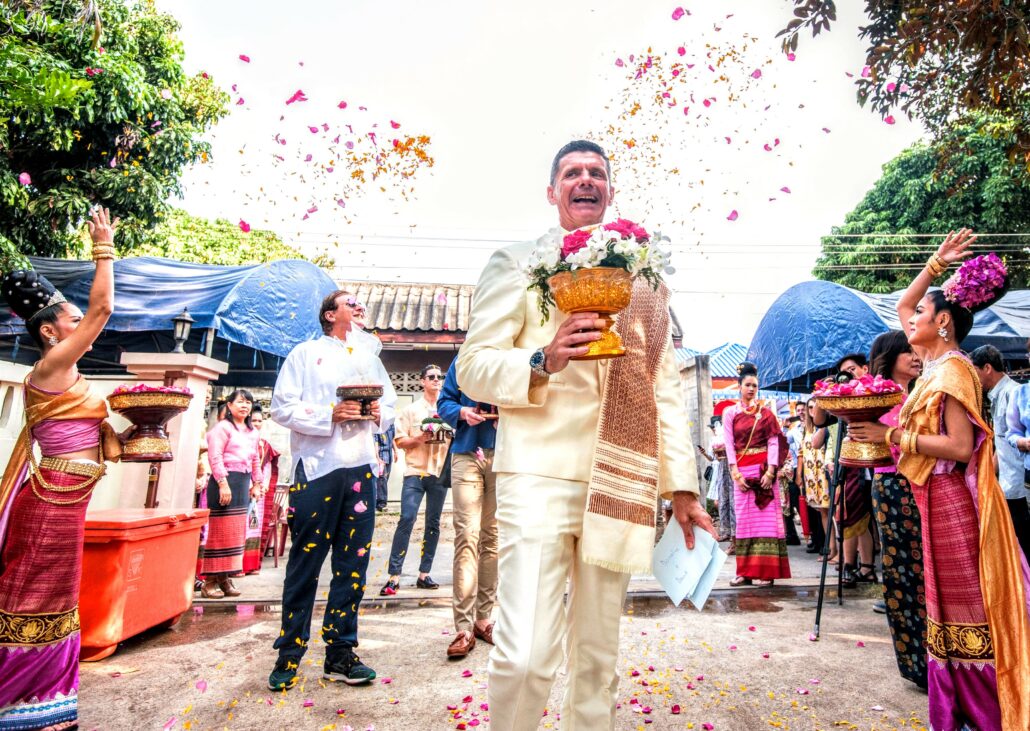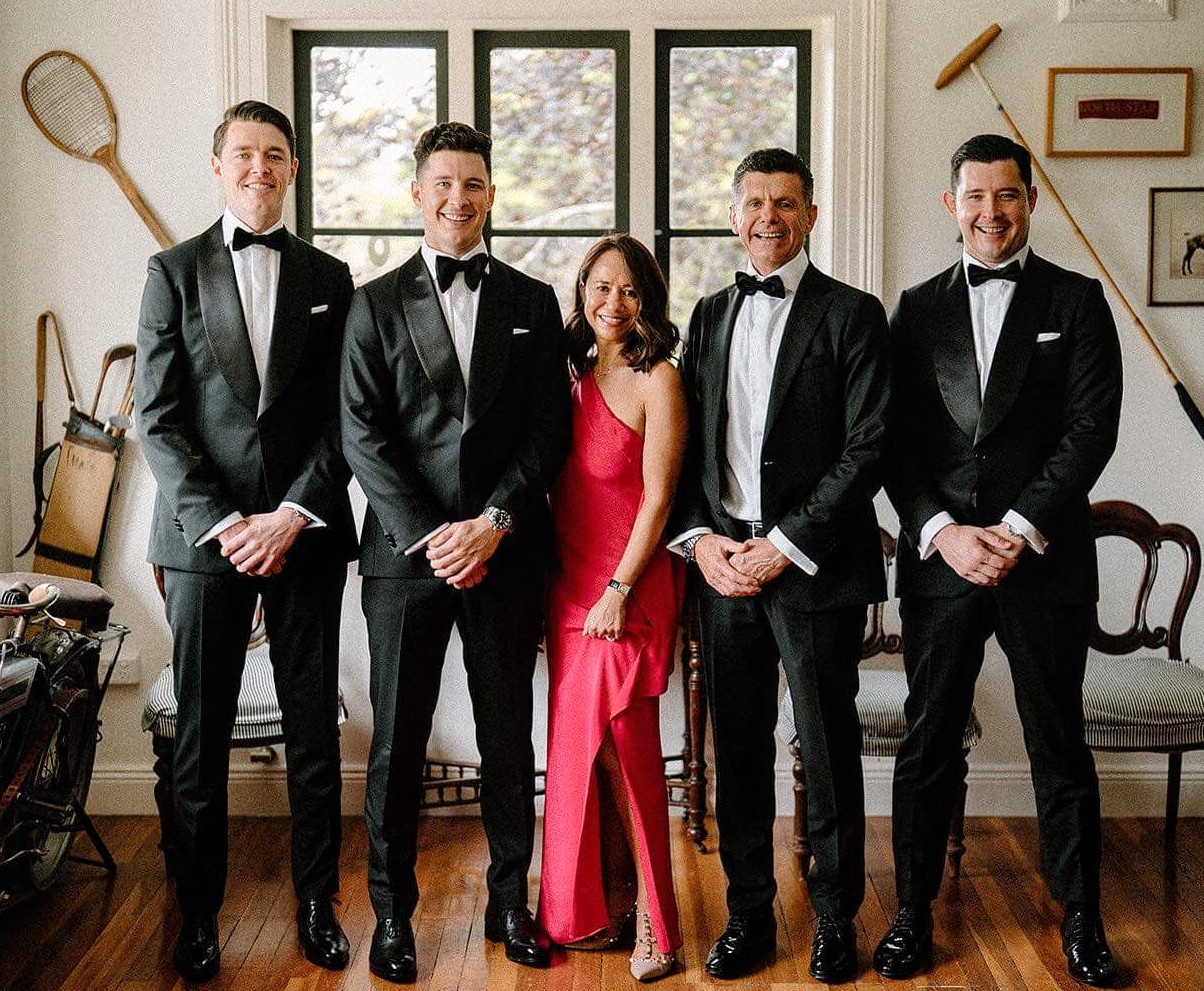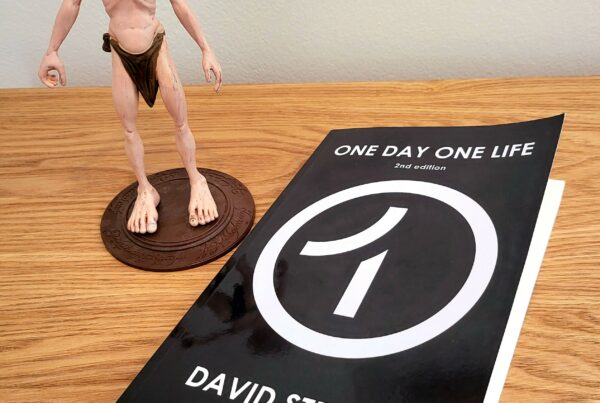
A few months ago, I was invited to attend a function at the top end of town, and I’ll keep the context anonymous to ensure my point of view is not targeted to the host, as the experience I confronted on the night is one I have personally dealt with for several years.
The event was a discussion on a huge social issue in Australia. Again, the issue is not the focus of this blog. The attendees were made up of non-for-profit senior executives, financial gurus, Government Heads, a few Federal politicians, and me. After a convivial interlude, the convenor went around the room, seeking opinion from the attendees. Each person was introduced as a person of influence and a thought leader in their field. The superlatives rolled off the tongue. As it happened, I was sitting on the right shoulder of the Chairperson and was the last one to speak. The Chair introduced me as David Stewart, a person of ‘lived experience’ and that folks, was it.
And just like that, I was gently slapped on the face and reminded of my social box:
‘Once an addict, always an addict.’
I smiled at the Chair and accepted the brutally short summary of my value and quickly reminded myself of my real worth before I spoke out loud. Son, husband, father, brother, friend, mentor, postgraduate, author, business person, philanthropy executive, advocate, maverick.
But none of that mattered in this setting, so I humbly accepted my usefulness – a person of ‘lived experience’. A drug addict and an alcoholic.
As the night ended and we exchanged pleasantries before we all headed quietly to the lifts, I was confronted by the usual reactions from other guests – sympathy, empathy, genuine love, support, shock and ghosting. And the ghosting came from the usual source. The one with the loudest voice. On this occasion, that person was a Federal politician who had greeted me warmly at the start of the night and completely ignored me after they heard me speak. Some individuals will turn their back on you when they perceive weakness and a lack of advantage in association. Ironically, this person trots through the halls of power in Canberra as a humble public servant and one with their ear to the common voice.
And just like that, I became sick and tired of being referred to as a person of ‘lived experience’. I have not had a drink of alcohol for 25 years and even though I completely own my behaviour and I have accepted my past as my greatest asset, my drinking and subsequent sobriety is a part of me, not the whole of me.
And yes, I have a public voice on alcohol and drugs and have written books about my litany of errors and little victories, so I must accept the support and the judgement, and upsettingly, I have used the term to refer to myself. It is in my book references and website profiles, and I have engineered the concept to suit my agenda and that is a weakness I now confront in moments of meditation. My ego got in the way of my usefulness and diluted my voice. I became a follower and not a disrupter.
My concern is a broader one and sits in the lack of emotional honesty and social justice in Australian society. The luck country is not that lucky. Many academics and social leaders use ‘lived experience’ as an avenue of legitimacy in their decision-making process and they are mired in judgement, unconscious bias, ego and elitism. It does not provide a voice, it simply justifies the inevitable, and for many of us lived experiencers we are used as vaudeville acts or side show entertainment to entertain and lull the crowd, and as much as we sing and dance for our masters, nothing changes.
Nothing changes!
So, I decided to do some research on the origins of ‘lived experience’, and to open my mind, I went to my music and listened to the 2023 Grammy Song of the Year Just Like That by Bonnie Raitt.
“And just like that your life can change…
No knife can carve away the stain
No drink can drown regret
They say Jesus brings you peace and grace
Well he ain’t found me yet.”
And as Bonnie’s beautiful, haunting voice and guitar licks took me away from my affront, I wiped a few tears from my cheek and reminded myself of the general good intent of others.
Here’s what I found in my short excursion into the past:
The term ‘lived experience’ originated in the field of phenomenology, a branch of philosophy that focuses on the study of conscious experience and subjective perception and it gained prominence through the work of German philosophers such as Husserl and Heidegger.
In phenomenology, ‘lived experience’ refers to the first-person perspective of an individual’s subjective encounter with the world. It emphasizes the unique nature of human experience, highlighting the significance of personal perceptions, emotions, and interpretations.
Over time, the term ‘lived experience’ has been adopted and expanded upon by various disciplines, including psychology, sociology and anthropology. It is often used to acknowledge and validate the perspectives of individuals who have direct personal knowledge of a particular phenomenon, condition, or social issue.
In social and cultural contexts, the term has been particularly associated with marginalized groups whose experiences are often overlooked or dismissed by dominant narratives. The use of ‘lived experience’ was inherited to highlight the importance of listening to and understanding the perspectives of these individuals to gain clarity into group emotional honesty and to inform policy making, research, and social justice efforts.
However, as with most good intentions, Western society seems incapable of using ‘lived experience’ to challenge the decision makers and their set visions and values. The decision makers have made their decisions and by showing that they are listening to the marginalised they merely justify the educated position. Education does not translate to change and real change means letting go of the power base and we all know that won’t happen. Revolution is a dirty word.
If the academics and social elite were fair dinkum, and not entangled in premeditated choice dictated by revenue and power, they would admit the real essence of ‘lived experience’ sits in emotionally charged concepts such as guilt and fear and the human condition that has created persons of ‘lived experience’ is the very social curse the elite use to create their power base and subsequent social separation. Heidegger adopted the concept to challenge mass society, not to justify its continued existence. The theme that jumps out from my research is authenticity and sadly, this is lacking in the ‘lived experience’ vehicles driven around by Australia’s much applauded, think tanks. Authenticity and emotional honesty are supposed to be the central concept of ‘lived experience’ as it is a two-way street that is meant to change decision making, not just soften the blow. Heidegger’s view was that most human beings lead an existence that is inauthentic, and we all seek distraction and escape in inauthentic choices governed by good intentioned curiosity, ambiguity and idle talk. (Sound familiar?) Sadly, the possibility of authentic living in the world is a leap to high for the decision makers and Heidegger envisioned a portend to the emergence of a new social aristocracy that manipulates the intention to maintain power.
When I finished my research of Heidegger it was akin to reading a Nostradamus prediction. This long dead German philosopher had crystallized into words my view on ‘lived experience’ and how it made me, and many others feel.
And again, I went to music to express my feelings and realised I can’t make you love me if you don’t:
I Can’t Make You Love Me (live) – sung by George Michael and lyrics by Bonnie Raitt






